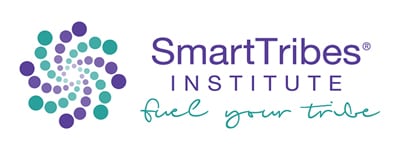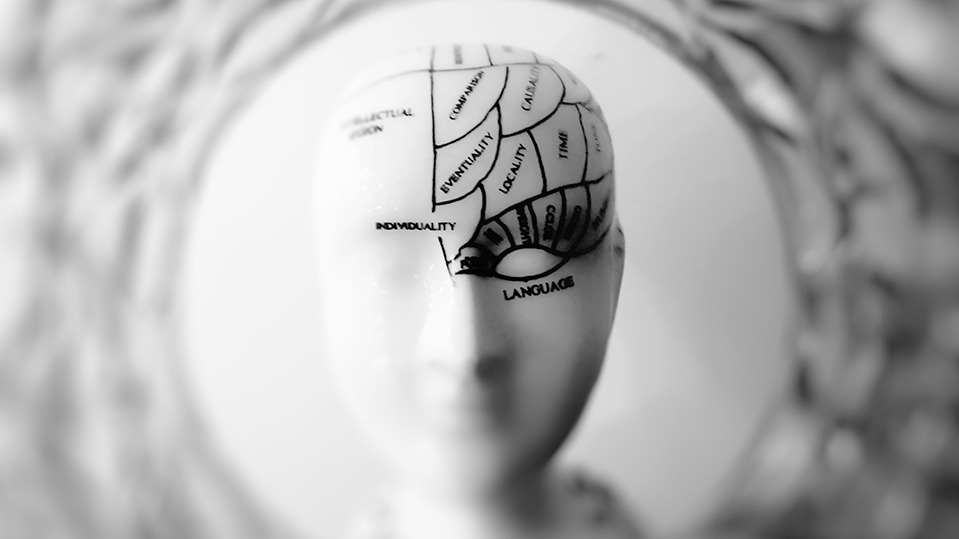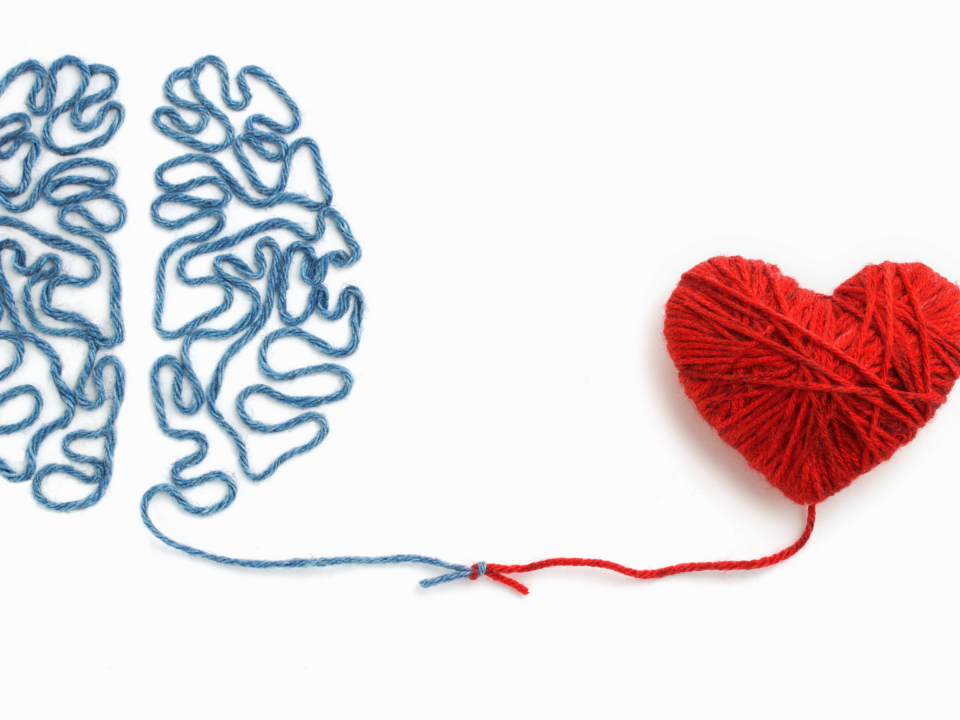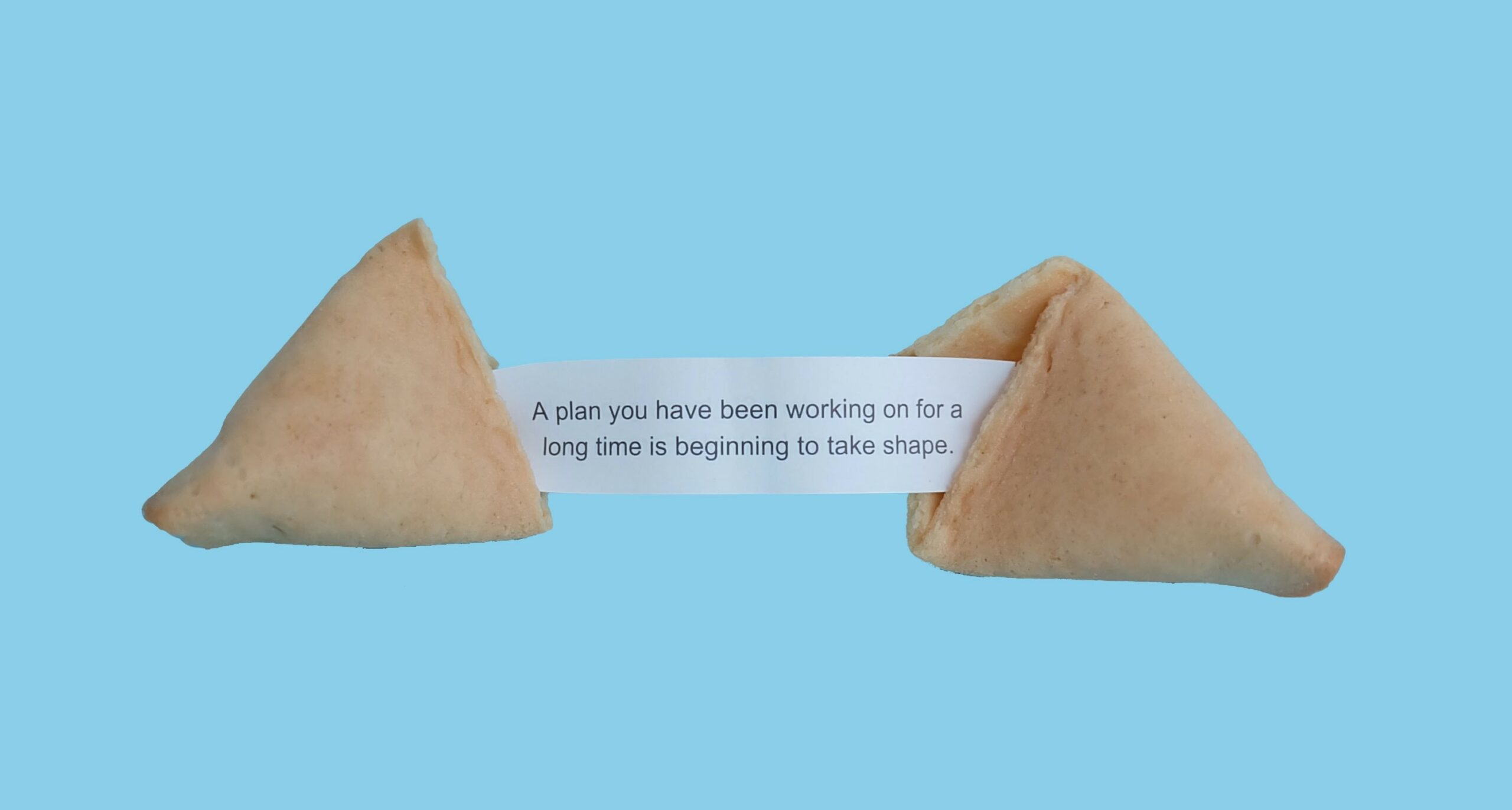
*As originally seen on Forbes.com
You already know that gratitude feels good.
New research now shows that gratitude is also a pragmatic helper—lowering blood pressure both during and after stressful situations. We all know that stress is hard on cardiovascular health.
Stress is also super hard on your brain. And to compound the effects, stress often causes a feeling of isolation. Here’s the physiological impact.
2 Minutes To Get Some Gratitude
Here are some quick and easy gratitude brain hacks:
1. Journaling about what they felt grateful for was one-way cardiac patients reduced blood pressure in this study.
2. Try a gratitude practice, which when repeated for 2 consecutive weeks done daily will forge a neural pathway around gratitude.
Close your eyes. Focus on a blessing in your life… something you are thankful for. See an image of this blessing in your mind’s eye. Offer a silent “thank you” to the person or object of your blessing.
Relax into the feeling of gratitude. Take a deep breath. Feel more gratitude.
The latest brain research shows that six doses of feeling 30 seconds of gratitude daily (a whopping 3 minutes!) will enable your neurons to fire together and wire together around gratitude within a mere 2 weeks.
This means you’ll more easily and frequently access the feeling of gratitude.
Heck, we’re grateful for that!
What’s super fun is that after only doing this for 2 weeks I now wake up each morning saying “thank you” inwardly, without even thinking about it! That’s the new neural pathway around gratitude being of benefit 
3. Appreciate 3+ people verbally daily. Yes, you need to tell them that you appreciate (are grateful for) them and why specifically. This can be any body—the skycap at the airport that checks your bag, your neighbor, a colleague, just make sure you appreciate (out loud!) 3+ people daily. You can always leave voice texts or voice mails too!
4. Make a list of all the great and helpful things your parents or siblings or friends have done for you. It’s pretty amazing that we grew up with food, shelter, education and more. Making a list activates gratitude. For an extra boost make the list for someone you feel disappointed with and notice how the feeling toward them changes. When you change the things you look at, the things you look at change! To paraphrase the late great Wayne Dyer.
5. Get outside and look at all of the beauty of nature. List all the things you are grateful for in nature. Do this with a friend so you can discuss your lists aloud, and simply thank each flower, tree, etc. you’re grateful for.
Create a daily gratitude practice from the above list or mix and match based on your mood. You’ll experience a happier and more peaceful emotional state as well as reduced stress and likely boosted heart health.
What are you grateful for?







